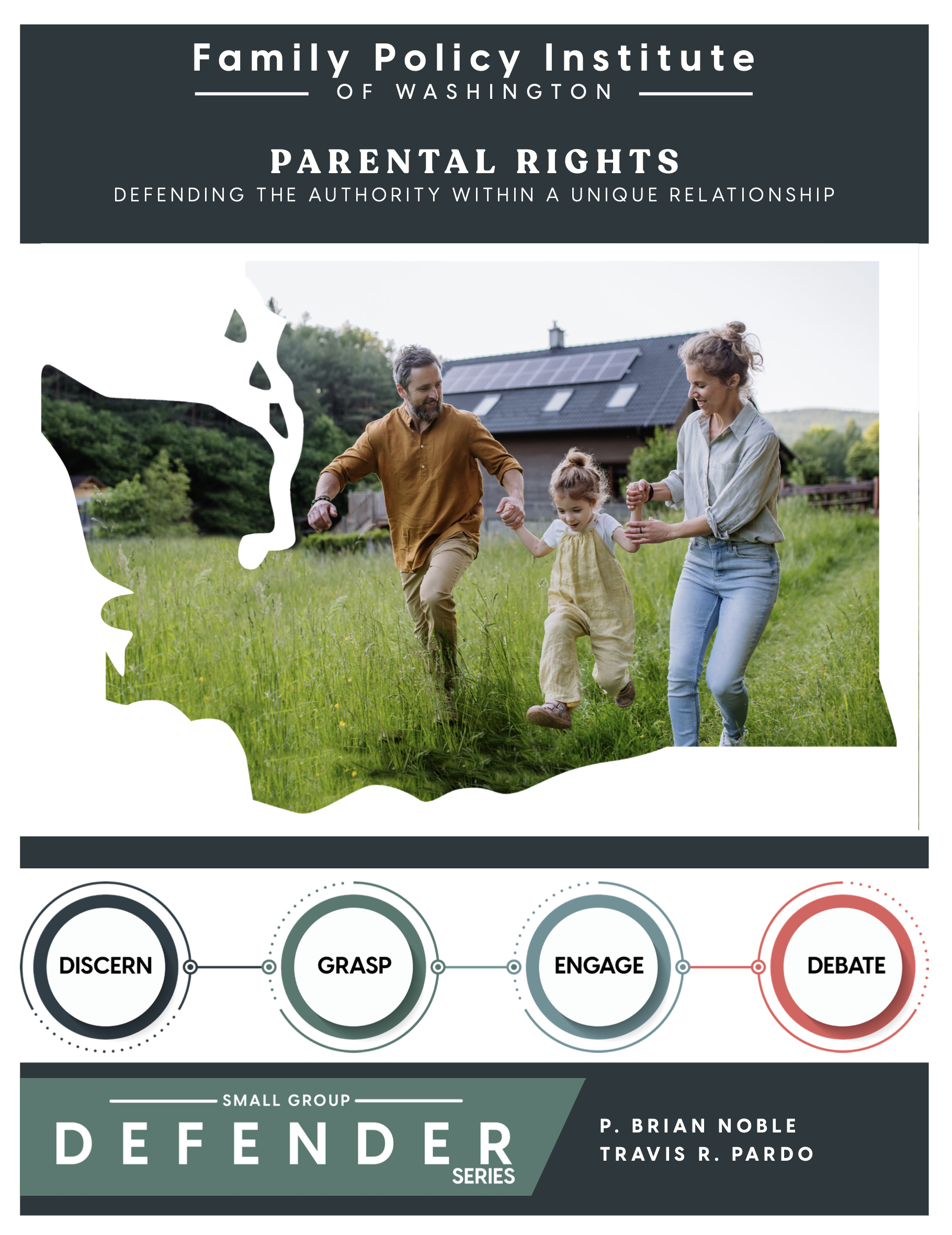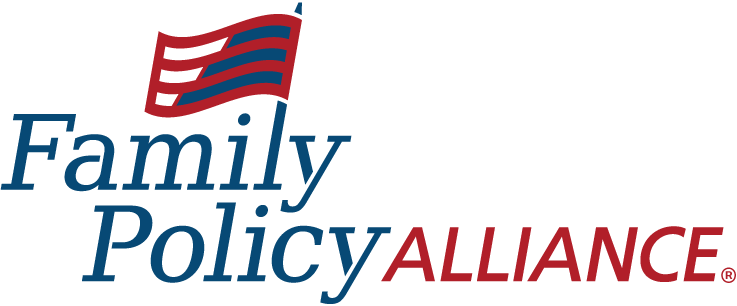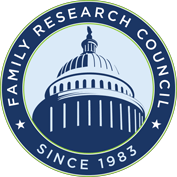“Behold, children are a heritage from the LORD, the fruit of the womb a reward. Like arrows in the hand of a warrior are the children of one’s youth. Blessed is the man who fills his quiver with them! He shall not be put to shame when he speaks with his enemies in the gate.” – Psalm 127:3–5, ESV
Warning: Your parental rights are under attack. The Parental Rights Foundation warns parents about the threat from government:
Many government actors and agencies today are working overtime to substitute a parent’s decisions with the government worker’s own view of what is best for a given child. From schools to hospitals to child welfare investigators, “experts” think they know what’s best for your child better than you do. And while this has been going on for decades, we have all become painfully aware of it since the recent [Covid] Pandemic, when many learned for the first time just how much power the government wants to have over our children. Yet, every child is unique; no one knows or loves a child better than his or her own parents. Mom or Dad, you are the expert on your child.
The root question is: Who has primary authority over children – the government, or parents? When observed from a Biblical perspective, the answer to this hotly debated political topic becomes indisputably clear: parents. A Biblical worldview holds six steadfast truths regarding parental rights:
- God gives the right for a parent to parent. (Psalm 127:3–5)
- God appoints the parent to be responsible. (Deuteronomy 6:4–9)
- Parents are to model Godly living. (Deuteronomy 6:4–7)
- Parents are to be the gatekeeper to help ensure Godly living. (Proverbs 4:23–27)
- Parents are not to abuse their rights. (Ephesians 6:4)
- Parents are not to outsource their responsibility. (Proverbs 1:8–9)
Scripture is clear, and the primacy of God-honoring parents is an authority that is to be respected.
Yet on the plane of logic unaided by faith, how can we defend the primacy of parental rights to those people who may not hold Scripture as an authority? Dr. Melissa Moschella, author of To Whom Do Children Belong? (Cambridge University Press, 2017), lays out a logical argument defending parental rights:
Premise 1: As the biological cause of a child, parents have an intimate, irreplaceable, and permanent relationship with their child that no one else has.
Premise 2: This unique relationship gives parents moral obligations over a child.
Conclusion: Therefore, parents have authority to protect their unique relationship and moral obligations with a child against any threats, even against the government.
In simpler form, the argument above can be stated:
Premise 1: Biological cause forms a unique relationship. E.g., In a hospital, just imagine how you might feel if your baby were accidentally switched at birth.
Premise 2: A unique relationship forms obligations.
Conclusion: Thus, in order to fulfill those obligations, both authority and sovereignty are required, or what are also known as parental rights.
Given the fact of a unique relationship, and given the fact that this unique relationship generates obligations to a child, parents, therefore, need authority in order to fulfill their obligations. Moschella refers to “a kind of sphere of sovereignty” and “a little sovereign community” that “has the right to direct its internal affairs free from coercive external interference, except in cases of abuse and neglect.” It is true that children have a relationship with the wider political community and government. But as she notes, it is through their parents that children have this relationship, not despite the parent-child relationship. A child’s relationship with parents is pre-political. She writes:
Thus the fact that parents have the strongest and most direct obligation to raise their children to maturity implies that they are the ones with primary paternalistic authority over them . . . For it shows why and in what sense children naturally “belong” to their families, why separating children from their families robs them of important benefits and denies rightful authority to their parents . . . [S]ince parents, not the state, are the ones who have the closest personal relationship to their children and thus the strongest and most direct obligation for the well-being of those children, in part because the intimate relationship that they have with their children, makes them uniquely suited to meet their children’s developmental needs.
The benefits to the child are a unique love to help maturity as well as shape identity. Both common sense and social science overwhelmingly support the truth from human history that children do best when raised by their loving biological father and mother, all things being equal. Thus promoting the primacy of parental authority is for the common good of the child, the parents, and the society as a whole.
“Children do not belong to any government entity; by God’s design, children belong to their parents.” –Dr. James C. Dobson
If you’re interested in exploring this topic further, please click here to view our free booklet on parental rights.








